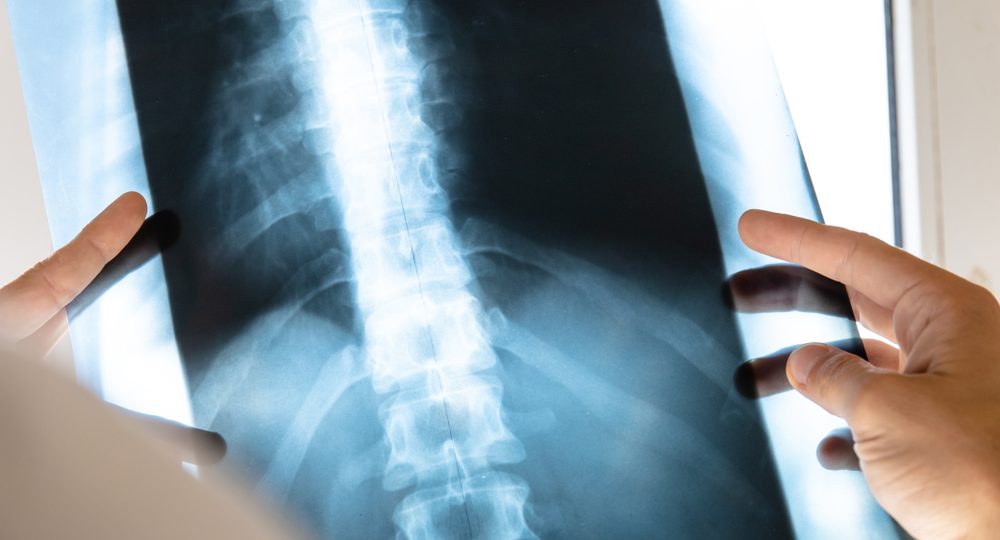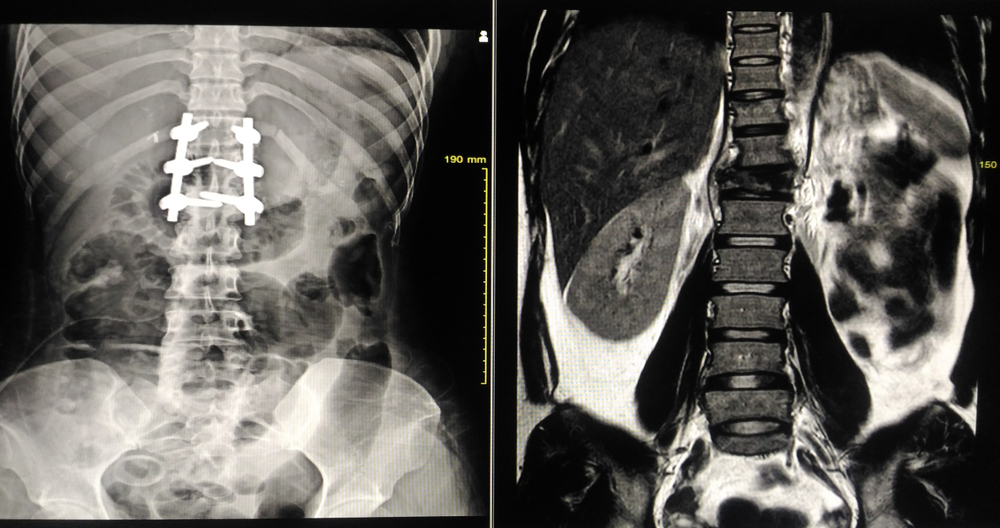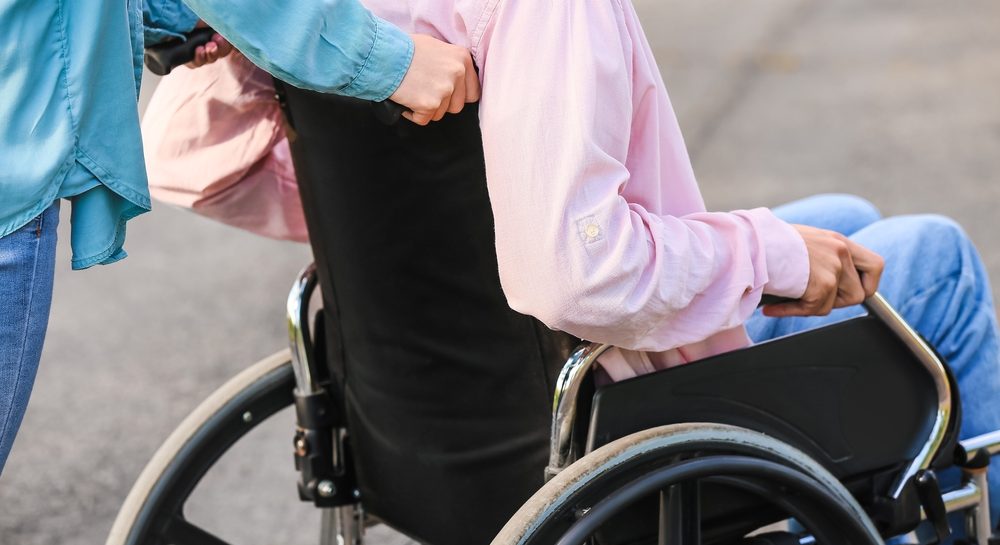Our client, LM, secured a life-changing settlement following a spinal cord injury after the city hospital did not take his neck injury from a car accident seriously, leading to life-changing consequences. Failure to immobilise LM’s spine led to him sustaining irreversible tetraplegia.
Clinical Negligence partner Frank Pinch commenced investigations on this case, and fellow partner Amy Fielding proceeded to achieve binding admissions on liability in a strenuously fought case alleging contributory negligence.
Background and injuries sustained
Before his accident, LM worked as a tradesman who, despite years of social problems, including addictions, had been trying to turn his life around. He had lost significant weight, stopped drinking alcohol and become a keen runner and cyclist. LM’s bike was his primary means of transport, and he often cycled up to 10 miles a day.
While cycling to the shop one day, LM collided with the back of a van. After being assessed by paramedics, LM was taken to A&E, where he complained of pins and needles in his arms and legs.
LM was in considerable pain and finding it difficult to move, but despite this, no proper investigations were carried out by the A&E staff and LM was advised he could go home. However, as it was unclear what was wrong and because of the gravity of his pain, LM refused to leave without further assessment. His reluctance to leave led to him being manhandled by security to exit the hospital. As they tried to lift him, LM fell as his legs gave way as he was unable to bear weight. LM was unable to move his legs or get up from the floor and in uncontrollable pain. Subsequently, radiology identified that he had unstable spinal fracture and required stabilisation surgery..
Following surgery and a period of rehabilitation at a spinal cord injuries unit, LM continued to have little to no power, altered sensation and restricted movement in his arms and legs. He was wheelchair dependent and would be reliant on carers for the remainder of his life.
The claim
Stewarts filed a claim against the hospital trust that treated LM, citing the treatment he received at A&E as negligent. It was alleged that had certain incidents or omissions not occurred at A&E, LM would not have sustained permanent neurological damage to his spinal cord following his cycling accident.
When LM was at A&E, the staff were initially reluctant to take LM’s symptoms seriously. Despite his clear neuropathic pain, no attempts were made to stabilise his spine to prevent spinal injury and any further deterioration. There was also no escalation of his care to a more senior doctor throughout his attendance. The hospital argued that LM refused to wear a collar to immobilise his spine. This was disputed. Some key events at A&E, such as the circumstances of his fall and the decision to discharge him were not documented, which made establishing the events at A&E challenging.
The hospital trust initially disputed all allegations. They also further argued that LM had contributed to his injury by failing to agree to spinal immobilisation with a collar. However, Stewarts successfully argued that, based on the facts as recorded, had the possible repercussions of not wearing a collar been adequately explained to LM, he would have agreed to this and this would have prevented his spinal injury.
Initially, a low settlement offer was made by the hospital trust. This appeared to be an attempt to settle at an undervalue due to LM being in financial difficulty following his injuries. This offer was rejected, and proceedings continued. After the exchange of liability evidence from experts in emergency medicine, radiology, A&E nursing and orthopaedic surgery, further admissions were made by the hospital trust and a settlement meeting was scheduled.
Settlement
Stewarts worked with Anna Beale (now KC) of Cloisters Chambers, who provided advice throughout the claim. She strenuously pushed for a settlement that was fair and reasonable for the injuries LM had sustained and the life-altering disabilities with which he had been left. As a result, the parties did not accept any offers at the settlement meeting. However, three days after this meeting, the hospital trust made a six-figure offer that LM was happy to accept. This settlement was agreed taking into account the risks of proceeding to a trial in January 2024 along with the allegations of contributory negligence raised in the hospital trust’s defence.
Testimonial from LM
“Stewarts were recommended to me by another patient during my rehabilitation, and I am glad that I used them. My case ran for around five years, but during this time, Amy was lovely. She kept me updated and informed and really helped me get an outcome that I am very happy with. The money will make a massive difference to me, and I will now be able to get my house sorted out. I’m 67 years old, so having this money means I don’t have to worry and can enjoy my retirement.”
You can find further information regarding our expertise, experience and team on our Clinical Negligence page.
If you require assistance from our team, please contact us.
Subscribe – In order to receive our news straight to your inbox, subscribe here. Our newsletters are sent no more than once a month.







